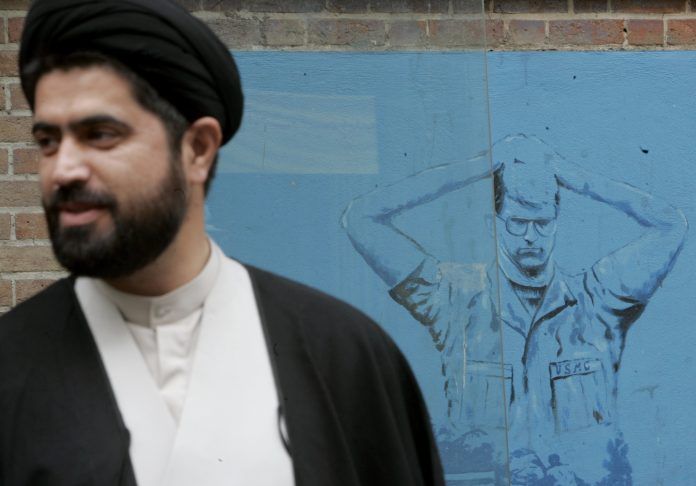
DUBAI, Aug 11 (Reuters) – Iran may free five detained U.S. citizens as part of a deal under which $6 billion in Iranian funds in South Korea would be unfrozen and has moved four of them from jail to house arrest.
Following are the prisoners in Iran who will be moved to house arrest :
SIAMAK NAMAZI
Siamak Namazi, a businessman in his early 50s with dual U.S.-Iranian citizenship, was detained in 2015 by the Revolutionary Guards while visiting his family in Tehran. Months later his ailing father, Baquer, was detained after returning to Iran to visit his jailed son. They were both sentenced in 2016 to 10 years in prison for spying and cooperating with the U.S. government.
A former Iranian provincial governor and former UNICEF official who also has dual citizenship, Baquer Namazi was put under house arrest in 2018 on medical grounds and left Iran in 2022 for medical treatment.
EMAD SHARGHI
In 2017 Sharghi and his wife moved to Iran from the United States. The Iranian-American businessman was first arrested in 2018 when working for “Saravan Holding” tech investment company. He was released on bail after eight months and a Revolutionary Court cleared him of spying and security-related charges, but his travel ban remained.
On Nov. 2020 he was summoned by another Revolutionary Court which sentenced him to 10 years in jail for espionage. He was not initially imprisoned but Iranian media reported he was arrested as he tried to flee Iran in Jan. 2021.
MORAD TAHBAZ
An Iranian-American environmentalist, who also holds British citizenship, Tahbaz was arrested in 2018. He was sentenced to 10 years in prison in 2019 for “assembly and collusion against Iran‘s national security” and “contacts with U.S. enemy government … for the purpose of spying”.
The fourth and fifth prisoners were not identified.
IRANIAN PRISONERS IN THE U.S.
Under the deal, five Iranians jailed in the United States will be released. For years, Iran has demanded the release of dozen Iranians in the United States, including seven Iranian-American dual nationals, two Iranians with permanent U.S. residency and four Iranian citizens with no legal status in the United States.
Most of them have been sentenced to jail for “violating U.S. sanctions against Iran“.
ANALYSIS: How Hostage Taking Is An Integral Part of Iran’s Foreign Policy
(Writing by Parisa Hafezi; Editing by Angus MacSwan)

